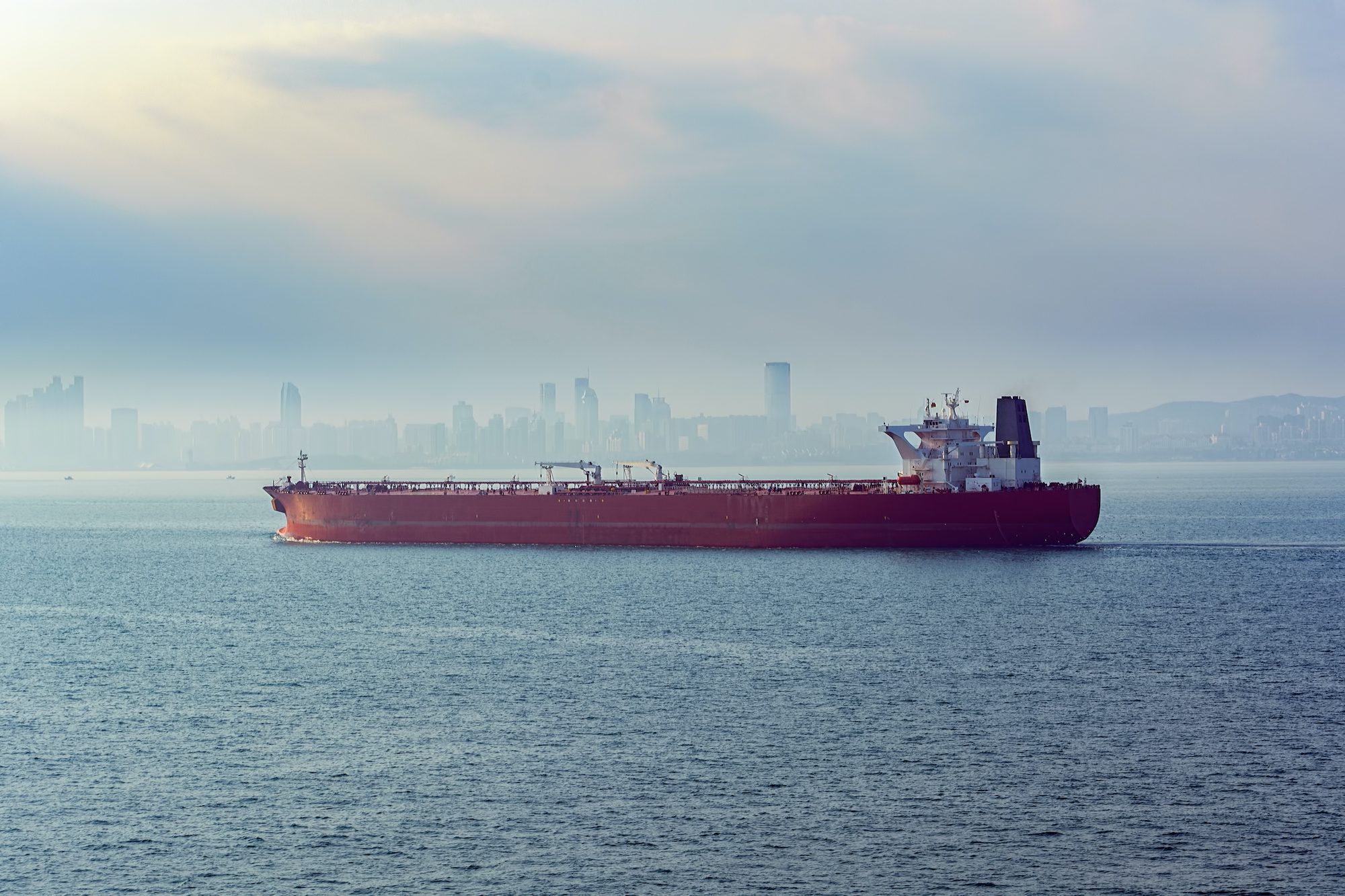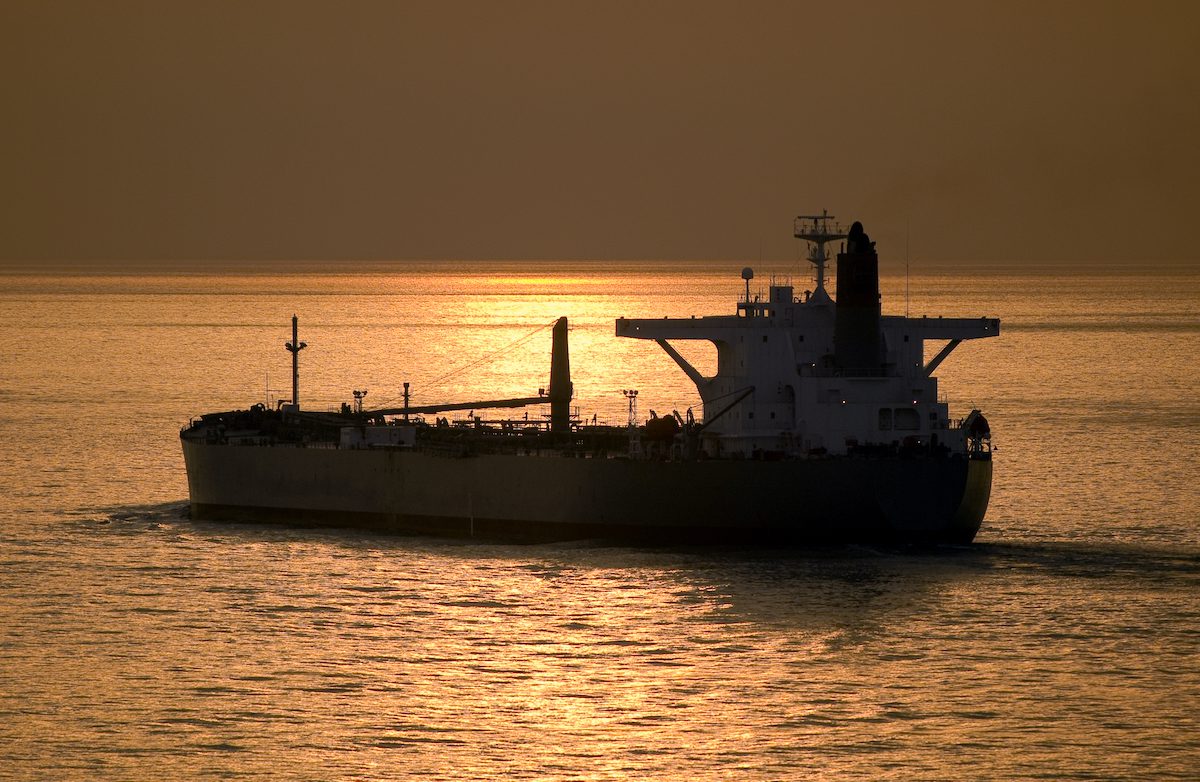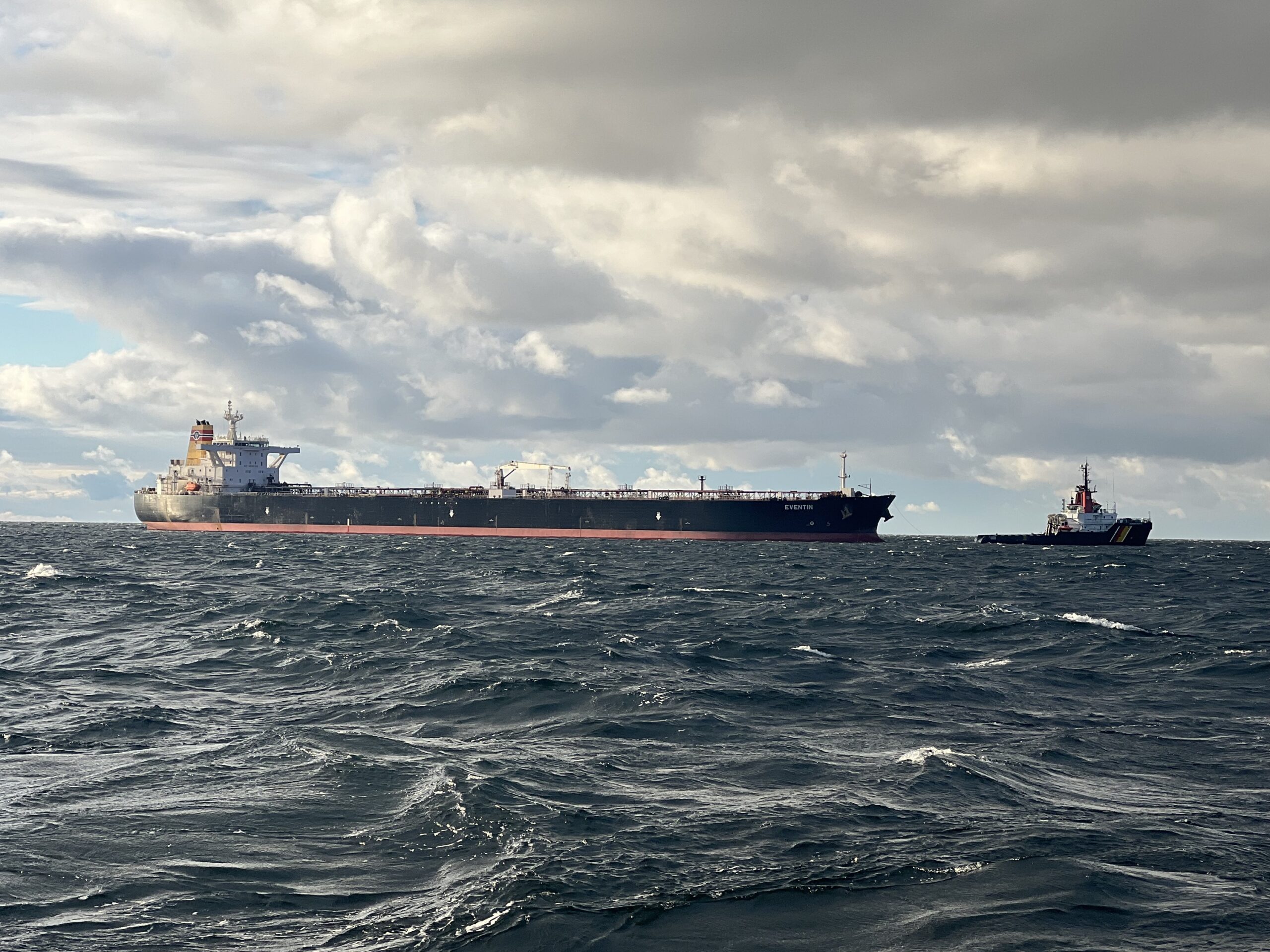By Barry Parker (gCaptain) –
Moving deep into 2022’s Q3, the shares in listed tanker companies have been dominating investor interest, as attention has moved away from sagging drybulk and container “names”.
Broker Poten, in a recent tanker market report, said: “compared to the challenging second half of 2020 and the disastrous year 2021, both crude oil and product tanker rates have staged a strong recovery. Even VLCCs have joined the party in recent weeks.”
In a recently released report on tanker giant Frontline (NYSE: “FRO” ), Evercore ISI transport analyst Jon Chappell (who also covers trucks and trains) essentially threw away his previous revenue “with the quarter-to-date bookings for this period greatly exceeding our forecasts and leading to a near-doubling of our prior EPS projection for the quarter (to $0.37 from $0.19).”
In its financial models, Evercore estimates FRO’s Q3 2022 operating income at $103.7 million—a near doubling of Q2’s $60.5 million (as hires were already strengthening).
Analysts at investment bank Jefferies & Co. were estimating that VLCCs were worth circa $43,200/day for standard vessels (on a time-charter equivalent basis). Eco vessels, and eco vessels fitted with scrubbers (burning cheaper fuel) worth $54,100/day and $62,800/day, respectively.
During the drybulk and container stock runups of late 2021 and into earlier this year, the ability to return cash to shareholders has loomed large in attracting shareholders. Evercore (factoring in the hugely stronger charter hires) is waxing positive re FRO’s ability to pay a dividend to its shareholders, saying: “We now forecast a doubling of the dividend, to $0.30/share, for 3Q, with full-year estimates for 2022 (only three quarters) and 2023 now standing at $0.79/share (6.7% yield) and $1.18/share (10.0% yield), respectively.”
Earlier in August, Jefferies’ Mr. Omar Nokta was singing the praises of another well known tanker equity, International Seaways (NYSE: INSW), which has been on a tear lately—heading up towards $30/share (compared to $18/share as recently as early July).
Though INSW’s fleet includes ten VLCCs currently on the water, his analysis emphasizes the strength fueled by other sizes, and a forward fixing strategy. He writes: “Product tanker and mid-size crude tanker rates have remained strong over the past several months and continue to be elevated counter-seasonally. It has fixed 53% of its 3Q Suezmax days at $33,300/day, 50% of its Aframax days at $31,700/day and 48% of its MRs at $42,600/day.”
Talking about INSW’s recent absorbing of vessels from Diamond S (which had, in turn, acquired vessels from Capital Products Partners), he says: “INSW now stands as a pure tanker owner with a meaningful footprint across the large crude, mid-size crude and product tanker segments. Its merger with Diamond S has proven to be well-timed as it deepened its focus on Suezmaxes and MRs just a few months before these segments strengthened.”
Speaking of “business combinations”, FRO is about to get a whole lot bigger with its all-stock acquisition of Euronav (where FRO shares will be exchanged for those of EURN) closes later in the year; the company fleet will grow to 144 vessels.
The Evercore analyst, Jon Chappell, noted: “if FRO is able to consummate the proposed merger with EURN…the increased cap and float of the combined equity could render it the stock to own for the current tanker upturn.”
Editorial Standards · Corrections · About gCaptain

 Join The Club
Join The Club











